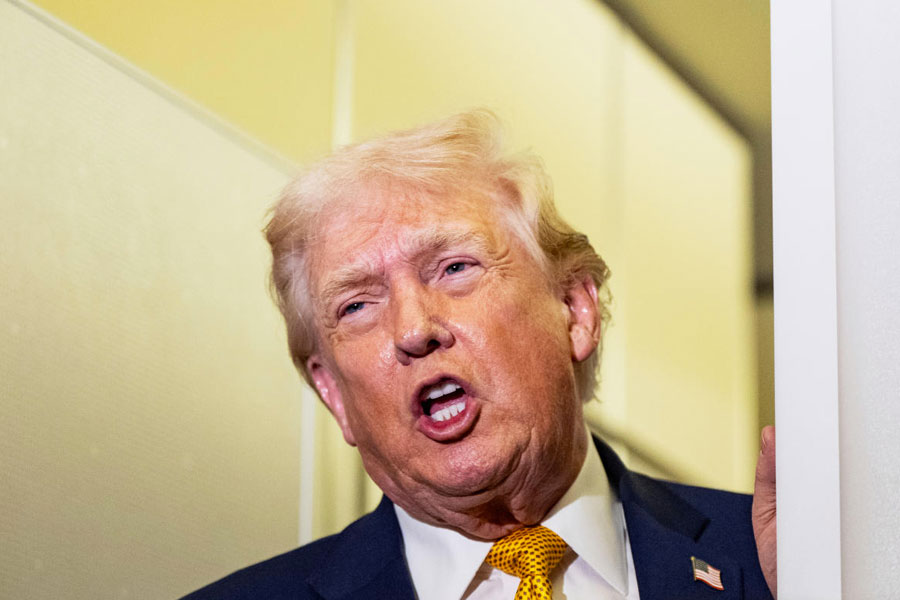First of all
First, firstly and first of all introduce the first item in a list or sequence. The next item is normally introduced by then or second/secondly (it is sometimes smarter to drop the ?ly, though not actually wrong to keep it). First, open all the windows. Then turn off the gas and, if necessary, call an ambulance. At first introduces a situation which is in contrast with a later situation, after a change has taken place. At first, I didn?t like the teacher, but then after a few weeks I got used to him. (Don?t forget the commas after first, firstly, first of all, at first.) As with at first, in the beginning introduces a situation which is in contrast with a later situation. However, in the beginning is less common and suggests that the speaker is looking a long way back into the past to the period of time immediately after something began. The most famous example would be the first words of the Old Testament, the beginning of Genesis, in the Authorized King James Version: 'In the beginning God created the heaven and earth.' Note the missing comma, which should be there in correct modern usage. At the beginning refers to the point in time when something begins. At the beginning of each meal, there is usually a short prayer. It could also refer to the place where something begins.
What?s in it?
Use contain when you say what a box, bottle, bag, etc. has inside it. The bag contains some old curtains. You can also use contain when you mention one or more of the things that something is made of or has in it. Water contains hydrogen and oxygen. The film contains a number of violent scenes. If something includes another thing, it has that thing as one of its parts. The holiday package includes (don?t say also includes) an elephant ride through the forest. The price includes a charge for postage. Use enclose when you tell someone what you are putting in the envelope or parcel that you are sending him. I?m enclosing a copy of the mark-sheet with this letter. The tricky words here are comprise, consist, compose and constitute. A whole comprises its parts. The NATO forces comprise soldiers from eight countries. But Thirty pieces comprise a chess set is wrong and should be A chess set comprises thirty-two pieces. This verb can never be used as a passive one, and must never be followed by of.
The writing on the wall
The singular graffito, sadly, is never used. But There was an obscene graffiti in the loo is wrong, and should be There was an obscene graffito in the loo. Graffiti is always plural, and in either case remember to spell the word correctly ? two Fs and one T.










